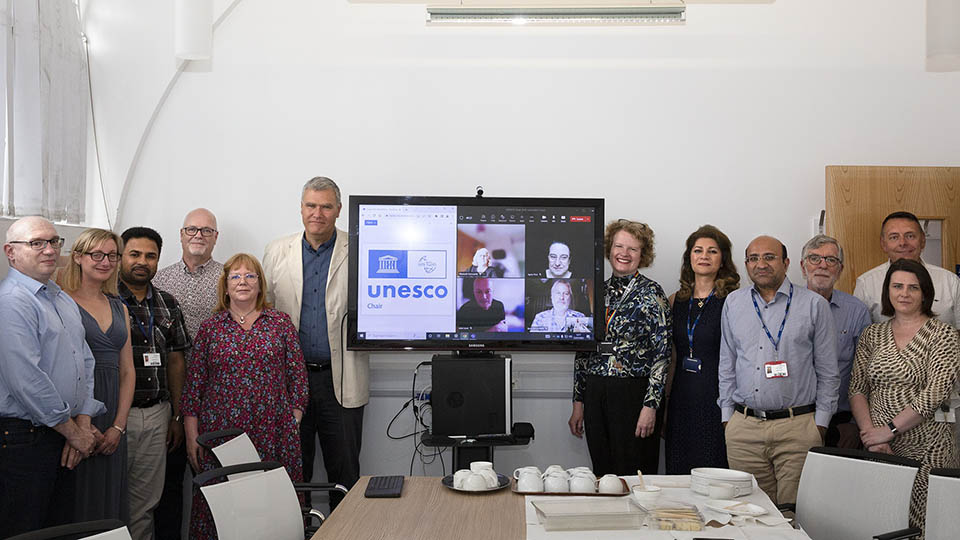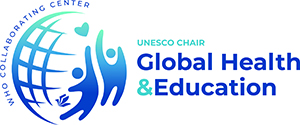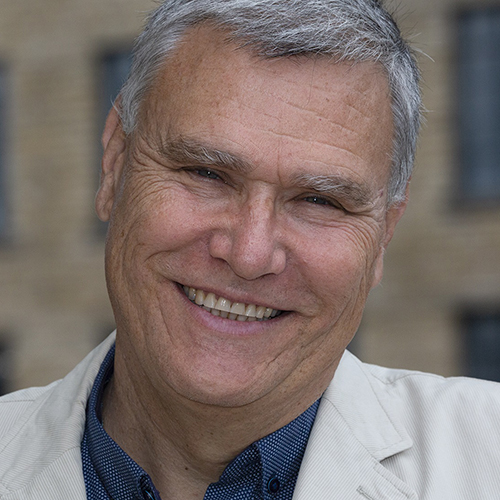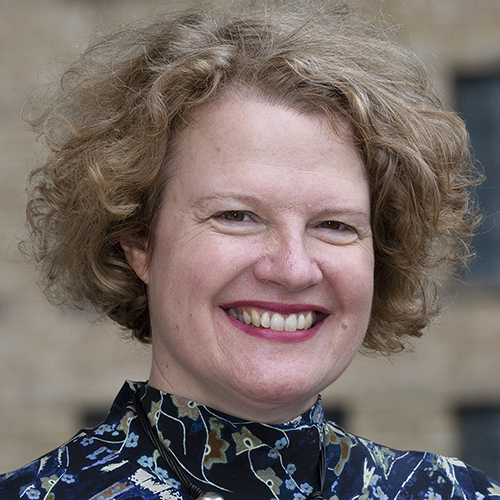Improving the health of children and young people through creative collaborations between health and education professionals will be a major focus of the University of Huddersfield’s input into the UNESCO Chair ‘Global Health and Education’ for the period 2022-2026.
The university is co-chair holder together with the University of Clermont Auvergne in France.
The University’s co-chair holder of the second four-year mandate of the UNESCO Chair is Dr Nicola Gray, Senior Lecturer in Pharmacy Practice. A Trustee of the UK Association for Young People's Health and a Fellow of the US Society for Adolescent Health and Medicine, Dr Gray has worked closely with UNESCO and partner institution the University of Clermont Auvergne.
The UNESCO Chair ‘Global Health and Education’ was founded in 2018 by leading global experts in the field of school health promotion in Clermont Auvergne’s Professor Didier Jourdan, who is also Visiting Professor in Public Health at Huddersfield, and Goof Buijs, former manager of the SHE (Schools for Health in Europe) network, two leading global experts in the field of school health promotion. Dr Gray, pictured above with Professor Jourdan, became involved through her role as the Vice President for Europe at the International Association for Adolescent Health (IAAH).
Building a global network to help improve health for children and young people
“We are giving technical advice to UNESCO and other UN agencies,” says Dr Gray. “It is a two-way channel - with various initiatives we will try to influence and give technical input into UNESCO’s plans, while they will share events and documents with us that we will disseminate to our networks.
The start of the second four-year mandate of the UNESCO Chair coincides with the 30th anniversary of the global UNESCO Chair/UNITWIN Programme of UNESCO, the network that sees institutions like Huddersfield and Clermont Auvergne pooling resources and sharing their knowledge inside and outside academia. The Chair is building a global community connecting universities, public and private organisations and individuals. This community can get involved with knowledge production, capacity-building and knowledge-sharing activities.

Photo by Jo Addie – Templewood Photography
Integrating health into the journey through school and beyond is, according to Professor Jourdan, one of the flagship programmes of the current term of the UNESCO Chair, according to Professor Jourdan.
“The traditional approach to health at schools has been visits by health professionals to give out vaccinations or speak to pupils," says Professor Jourdan.
"The changes we are looking at are more sustained, where health and awareness of health issues are threaded through the school calendar and curriculum, rather than on specific occasions. Health promotion can be seen as an extra that is ‘parachuted’ in and becomes a burden, but we’d like teachers to see it as an extra skill and a source of pride.
“This is coinciding with a number of UN initiatives, like the launch of global standards and indicators to make every school a health-promoting school," Professor Jourdan continues.
The importance of health in schools became a real focus during the worst of the COVID-19 pandemic. I have been a member of the WHO Europe Technical Advisory Group (TAG) on Safe Schooling during the COVID-19 pandemic, giving input on how the education and the health sectors can better work together.
Taking an innovative multi-disciplinary approach
Dr Gray adds: “We feel that health professionals partnering with schools can give children vital life skills.
How to look after yourself, looking after your health and relationships, being able to express feelings, how to interact with others, knowing how the body works, how important it is to eat well – addressing all these issues at a young age could have a positive impact in the long term.
"The operational team for the UNESCO Chair at Huddersfield includes experts from the Schools of Applied Sciences, Education and Professional Development, Human and Health Sciences and Huddersfield Business School. This multidisciplinary approach reflects the links that we will make through our networks to individuals and organisations at local, national and international level."

{{item.title}} - News Story


